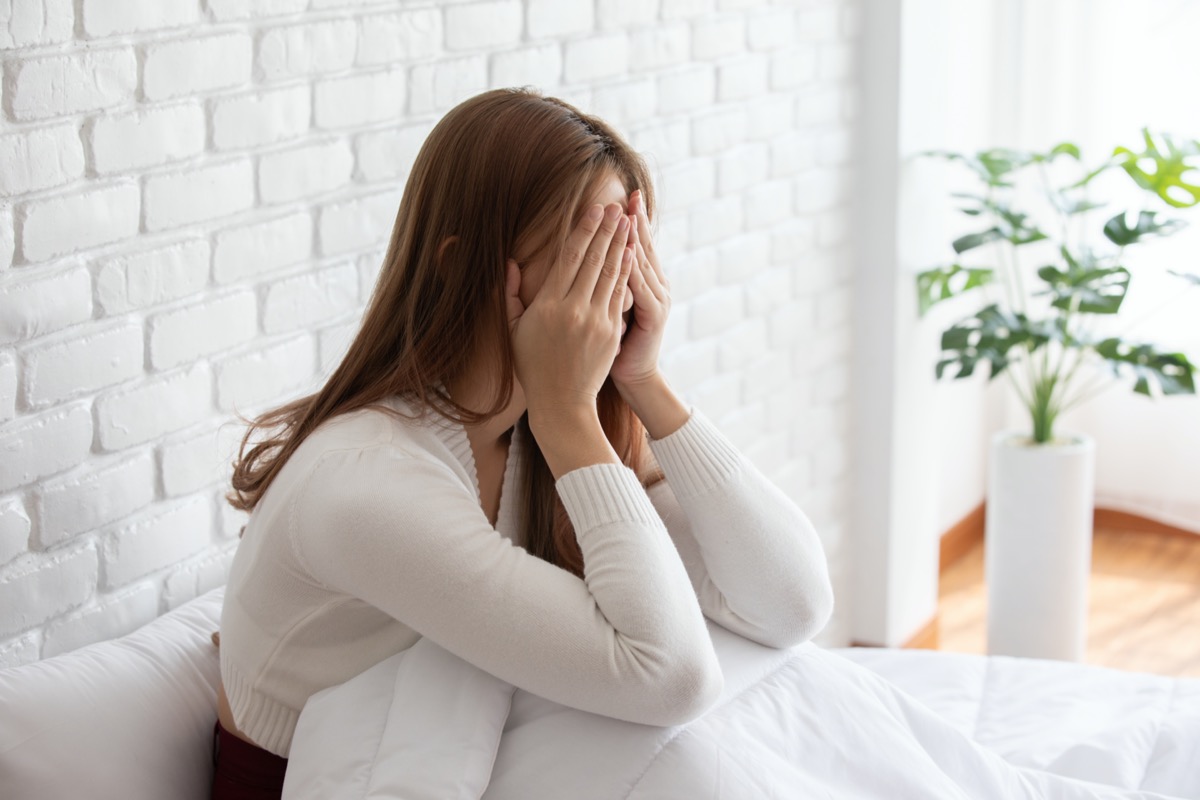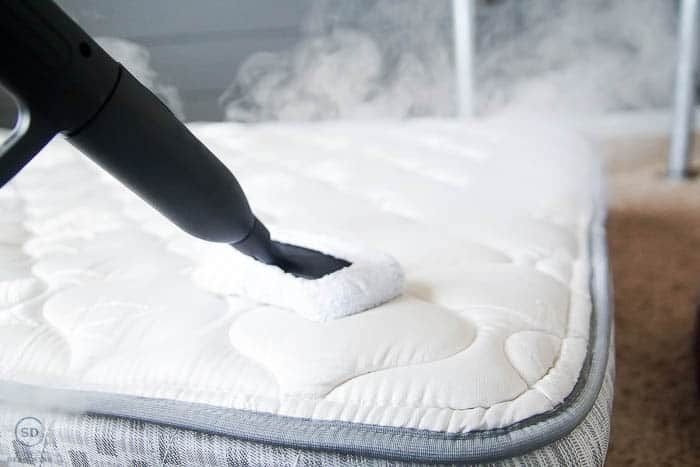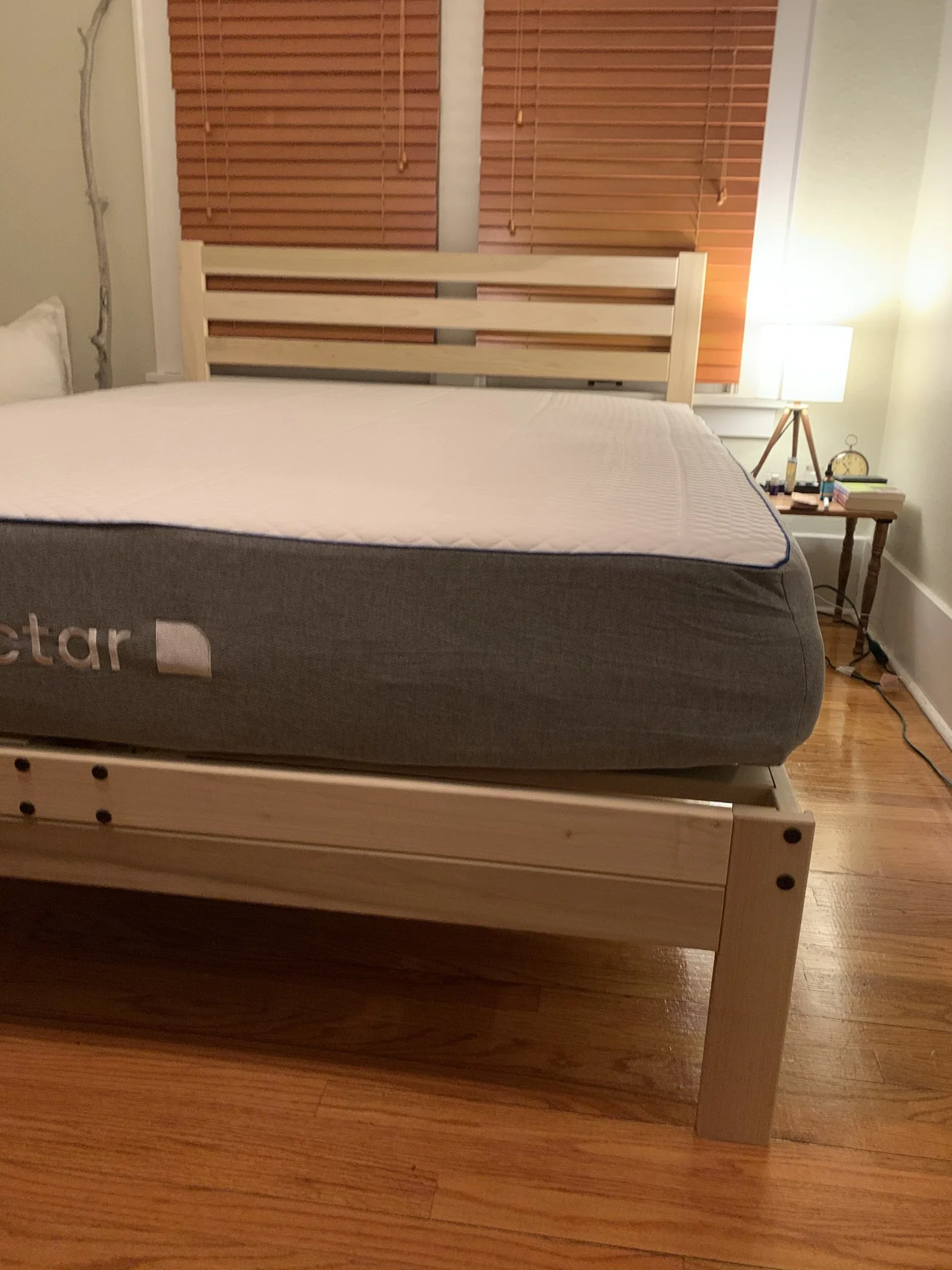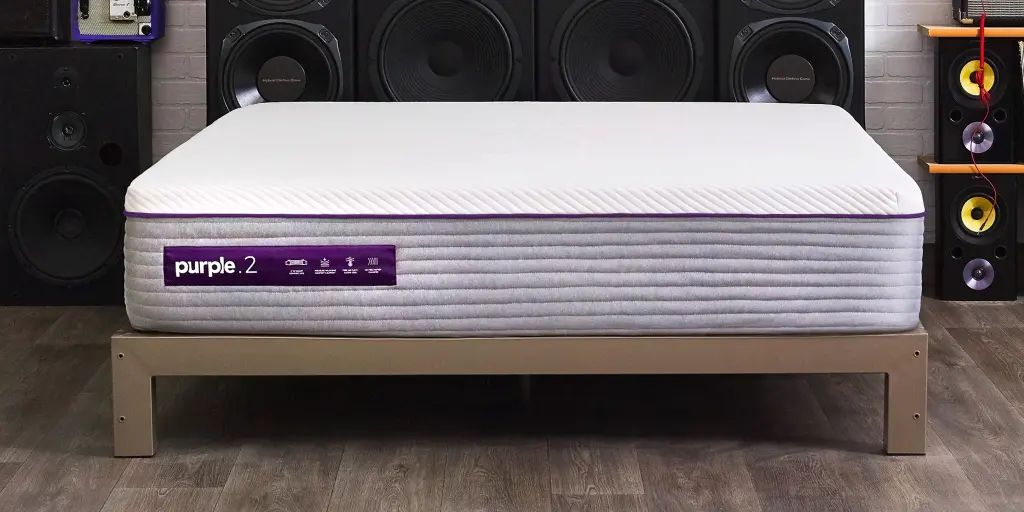
Expert's Note


Overdosing on sleeping pills can have serious health complications if not treated properly.
In this article, we go over the following and answer all your questions about sleeping pills overdose:
- What are the risks of taking sleeping pills?
- Is a sleeping pill overdose possible?
- What are the signs of a sleeping pill overdose?
- How much sleeping pills does it take to overdose?
- Can you die from sleeping pills?
- Sleeping pill overdose complications.
- What to do in case of sleeping pills overdose?
- What are the treatments for a sleeping pill overdose?
Read our experts' article below to know the answers to your questions.

Sleeping pills are a common form of medication used to treat insomnia and other sleep disorders. While they can be an effective way to help people get the rest they need, it's important to understand the risks associated with taking sleeping pills, including the potential for overdose.
In this article, we'll explore the potential risks of taking sleeping pills and how to avoid an overdose.
What Are the Risks of Taking Sleeping Pills?
Sleeping pills are a form of medication that can help people get the sleep they need. However, taking sleeping pills can also have potential risks, including the potential for an overdose. Taking too many sleeping pills can lead to serious side effects, including coma, respiratory depression, and even death. If you are taking sleeping pills, it's important to follow your doctor's instructions and take the medications as prescribed.
:max_bytes(150000):strip_icc()/gettyimages-607034539-2000-1d7431ca9e504add9b674fc7eba15645.jpg)
In addition to the potential for overdose, taking sleeping pills can have other risks, such as an increased risk of falls and other injuries. Taking sleeping pills can also cause a person to become more dependent on them over time.
Common Sleeping Drugs

Sleeping pills are a popular form of medication used to treat insomnia and other sleep disorders. Common sleeping drugs include:
- Ambien (zolpidem): Ambien is a sedative-hypnotic drug used to treat insomnia. It is usually taken as a tablet before bedtime.
- Lunesta (eszopiclone): Lunesta is a sedative-hypnotic drug used to treat insomnia. It is usually taken as a tablet before bedtime.
- Sonata (zaleplon): Sonata is a sedative-hypnotic drug used to treat insomnia. It is usually taken as a tablet before bedtime.
- Benadryl (diphenhydramine): Benadryl is an antihistamine used to treat allergies and cold symptoms. It is also commonly used as a sleep aid.
- Unisom (doxylamine): Unisom is an antihistamine used to treat allergies and cold symptoms. It is also commonly used as a sleep aid.
- Many more..
What Are the Average Doses Used for Sleeping Pills?
The average doses used for sleeping pills can vary, however, most sleeping pills are taken at a dose of:
- 1-2 mg for Ambien
- 2-3 mg for Lunesta
- 5-10 mg for Sonata
Is a Sleeping Pill Overdose Possible?
A sleeping pill overdose is when an individual takes more than the prescribed amount of sleep-inducing medication.
In short, YES, overdosing on sleeping pills is possible.

Generally, this leads to mild effects such as queasiness or feeling lightheaded. However, it can be fatal in some cases.
Sleeping pill overdoses can come as a result of the following:
- Consuming an excessive amount of pills in one go.
- Combining sleeping pills with other medications or with alcoholic beverages.
- Not following the dosage instructions on the label.
- An allergic reaction to sleeping pills can be dangerous and even life-threatening. It is especially important for people with chronic lung problems to be aware that taking sedative drugs can interfere with their breathing.
Sleep medications, such as Benadryl, Unisom and others are available over the counter, but it is important to be aware that taking large amounts can be dangerous. Therefore, it is essential to follow the instructions and dosage instructions carefully.
What Are the Signs of a Sleeping Pill Overdose?
If you or someone else has taken too many sleeping pills, it's important to seek medical attention right away.

Signs of a sleeping pill overdose can include:
- Slowed breathing or shallow breathing
- Slow heart rate
- Confusion or disorientation
- Drowsiness or extreme fatigue
- Blue lips or fingers
- Unconsciousness
- Nausea and vomiting
- Cold skin
- Vomiting
- Trouble standing steadily
How Much Sleeping Pills Does It Take to Overdose?
It's important to note that the amount of sleeping pills it takes to overdose can vary depending on the individual and the type of sleeping pill taken. Generally speaking, taking more than the prescribed amount of sleeping pills can be dangerous and may result in an overdose.
It's important to follow your doctor's instructions and never take more than the prescribed amount of sleeping pills. If you think you or someone else has overdosed on sleeping pills, seek medical help right away.
Can You Die from Sleeping Pills?
According to a report from the National Institute on Drug Abuse (NIDA), drug overdose deaths have been on a steady incline since 1999. In 2016, a staggering 64,000 deaths were reported due to overdose. This is a major public health concern, and highlights the need for more research and education around the use of prescription and recreational drugs.
Sedative drugs, such as barbiturates and benzodiazepines, are among the most common causes of overdose, especially when taken in higher-than-prescribed doses. Benzodiazepines, in particular, have strong sedative properties and can lead to overdose when taken in large doses, as they can cause respiratory depression, as well as coma and even death.
Furthermore, taking benzodiazepines with other substances, such as alcohol, can heighten the risk of overdose.
Sleeping Pill Overdose Complications
Sleeping pills are commonly used by patients and sedative users, but many do not understand how they work. If too many pills are taken at once, an overdose may occur, leading to serious health problems. It is important to be aware of the potential risks of a sleeping pill overdose, as well as to follow instructions for proper use.

Some of the side effects of sleeping pill overdose are:
- Brain damage due to low oxygen levels
- Memory Loss
- Paralysis of facial muscles
- Paranoid delusions
- Loss of command of bodily movements
- Emergence of mental illnesses
Sleeping pills, when taken in higher doses than recommended, can cause serious damage to a person's body and brain. Even doses as low as 70mg (which is 7 to 14 times higher than the usual dose of 5-10mg) can cause long-term permanent pain and other side effects as a result of the brain and physical damage.
How Much Is Too Much?
When it comes to sleeping pill overdoses, the amount of medication taken varies depending on the individual. In general, overdoses occur when a person takes two to four times the recommended dose. It is important to only take the recommended amount of sleep medication to avoid the risk of overdosing.
It is essential to note that sleeping pills are intended for short-term use only. Taking them for more than a few weeks can lead to the body becoming tolerant to the medication, meaning higher doses will be required to achieve the same effect. An overdose is more likely if a higher dose than is recommended is taken.
Prescription Drug Statistics
Sleeping pill overdoses, though uncommon, do occur. In New Jersey, the annual number of overdose deaths is 2,805. This amounts to 3.70% of all deaths in the state, which is slightly higher than the 3.99% national average for overdose deaths.
Prescription drug abuse is often attributed to difficulty sleeping, and a research study reported that 2.0 million people or 11.9% of those who misuse prescriptions are addicted to the drugs they are misusing. Of those individuals, 12.7% (253,100 people) admit to having an addiction.
Sedatives and tranquilizers are being misused by 5.9 million people over the age of 12 in the US. Of those, 20.1% are using them for the first time, while 20.9% are using them as sleep aids and 15.8% are using them to cope with emotions. Women are 11% more likely to be prescribed medication, however men are 22.9% more likely to misuse prescriptions.
Prescription drug use is a widespread problem in the United States. 45.8% of American adults reported using a prescription drug within the past 30 days, either legally or not, and this high rate of use has been linked to increased rates of prescription drug abuse, addiction, and overdose. It is estimated that 16.3 million people misused prescription drugs in a year, and of these people, 22.6% or 3.7 million misused prescription drugs for the first time.
What to do In Case of Sleeping Pills Overdose?
- Call 911 or your local emergency services immediately.
- Gather the pill bottles and remaining pills to take with you to the hospital.
- If possible, take a list of medications you are taking.
- Seek medical attention even if you feel okay; the effects may take a while to manifest.
- Tell the healthcare professionals what you have taken and how much you have taken.
- If someone you know has overdosed on sleeping pills, the first action should be to call the paramedics. Until they arrive, the person should be placed in the coma position: lying face down, head turned to one side, and one knee bent slightly. Additionally, it is important to check the airway to ensure it is clear, and to check for a pulse in the neck and wrist to detect any signs of life.

What Are the Treatments for a Sleeping Pill Overdose?
If you or someone else has taken too many sleeping pills, it's important to seek medical attention right away. Treatment for a sleeping pill overdose will depend on the type and amount of medication taken and the individual's condition. Treatment may include:
- Activated charcoal: Activated charcoal can help absorb the drug in the stomach and intestines, preventing the drug from being absorbed into the bloodstream.
- Flumazenil: Flumazenil is a drug that can reverse the effects of benzodiazepines, a common type of sleeping pill.
- Oxygen: If the person has difficulty breathing, oxygen may be given to help provide more oxygen to the body.
- Intravenous fluids: Intravenous fluids may be used to help flush the drug out of the body and restore hydration.
- Dialysis: If the person has kidney problems, dialysis may be used to help remove the drug from the body.
- Close monitoring: Close monitoring of the person's vital signs and breathing is essential to ensure their safety.
Always refer to a medical professional as soon as possible. Medical professionals should be the ones recommending the treatment you should seek in case of emergency.
Conclusion
Sleeping pills can be an effective way to help people get the rest they need, but it's important to be aware of the potential risks associated with taking them.

Taking too many sleeping pills can lead to serious side effects, including coma, respiratory depression, and even death. If you think you or someone else has overdosed on sleeping pills, seek medical help right away. Be sure to follow your doctor's instructions for taking sleeping pills and never take more than the prescribed amount.

Nolah Mattress Topper

Made from the ultra-premium AirFoam™️ material, the Nolah Topper flexes an aesthetically-pleasing design and extra layers of body-contouring foam giving you a blissful cool, soft, and encouraging sleeping experience. Exactly as a memory foam topper ought to be.













